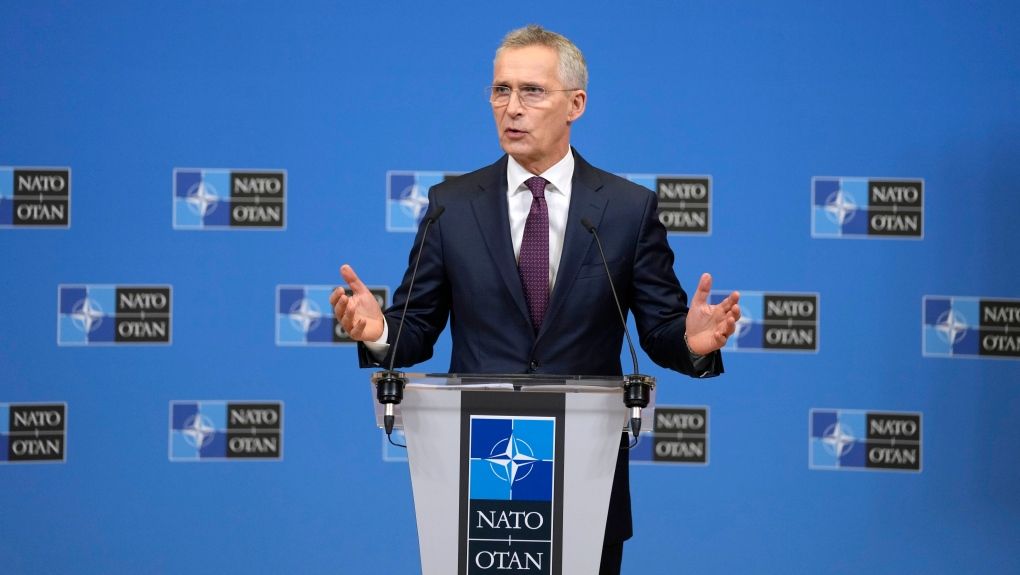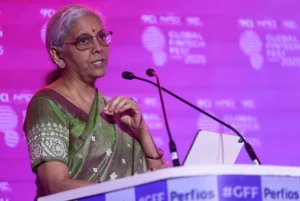
NATO Secretary-General Jens Stoltenberg said Tuesday that he would call a high-level meeting of the military organization’s main forum for cooperation with Ukraine next month despite objections from Hungary.
The NATO-Ukraine Commission hasn’t met at ministerial level for several years. The last meeting was held at a lower level in 2019 in Kyiv, with NATO ambassadors joining Ukrainian President Volodymyr Zelenskyy and some of his Cabinet ministers, about three years before Russia’s full-scale invasion.
Hungary and Ukraine are at loggerheads over a language law adopted in Ukraine in 2017 which the nationalist government in Budapest insists stops members of the Transcarpathian ethnic minority from studying in Hungarian. Hungary has routinely blocked NATO-Ukraine Commission meetings since.
“This is an established framework. I have the mandate to convene it,” said Stoltenberg, who chairs NATO’s meetings. “In respect for the issues that Hungary has raised I have not convened that for some time, but now I will continue to convene the meetings of the NATO-Ukraine Commission.”
He said the meeting will be held on the sidelines of a gathering of NATO foreign ministers in Brussels on April 4-5, and added: “I’ve not planned more meetings but of course this will not be a one-off event.” He noted that Zelenskyy has been invited to attend NATO’s summit in Lithuania in July.
Stoltenberg also said that Hungary’s minority concerns would be discussed at next month’s meeting.
NATO makes its decisions by consensus, and Stoltenberg declined to say why he was insisting on calling the meeting over Hungary’s head. But Hungary has continually pushed back a date to vote on the NATO membership of Finland and Sweden, delaying their entry with little explanation.
Stoltenberg said Hungarian Foreign Minister Peter Szijjarto, in a meeting earlier Tuesday, had confirmed to him that the parliament in Budapest would vote on Finland’s membership on March 27, but it’s unclear when or if it will vote on Sweden’s entry.
Szijjarto also declined to say what the problem was, telling reporters that the NATO-Ukraine Commission is being convened “for reasons that are not my duty to disclose.” He said though that Stoltenberg’s decision “in our opinion, hurts the cherished unity of NATO.”
Hungary has been widely criticized over its human rights record, including a law adopted two years ago that rights groups consider to be homophobic and transphobic. The European Court of Human Rights has also condemned Budapest’s handling of asylum-seekers.






